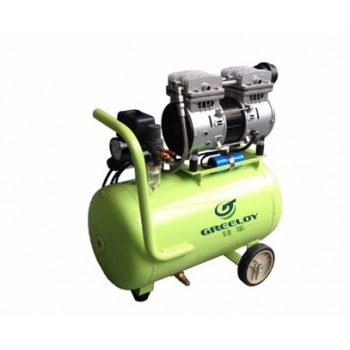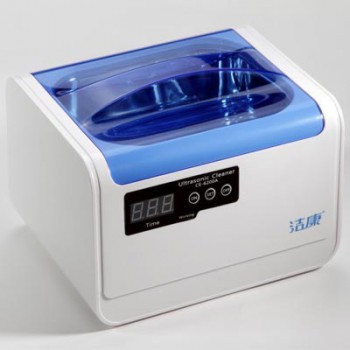Electric dental handpiece repair doesn’t require a complete rebuilding of the tool each and every time. Most times, the parts that are causing the issues are inspected and replaced if needed.
Sometimes, factory parts are required for a repair, other times, bearings of higher ratings can be used, depending on the state of the tool itself. Each brand and variation of handpiece has a different number of bearings and gears. That’s why you need to send your most important tool to the right repair company to ensure a safe and effective repair.
Regular servicing of your dental handpiece is crucial to ensure a long and well-functioning operation of the tool. There are some tell tale signs that your handpiece needs more than routine servicing. We’ll explain the problems and their solutions below.
If your dental handpiece is vibrating more than usual, it could be a sign that there’s a problem with the handpiece itself. The simple solution is that you may simply just need to flush the handpiece out with oil as directed by your manufacturer. Simple lubrication can work wonders for your handpiece. Alternatively, the bearings inside of the tool could be loose.
Every dentist is dependent on the electric handpiece in order for the practice to run smoothly. Proper maintenance allows the handpiece to keep running safely. The sterilization( autoclave sterilizer) process is actually what has the greatest effect on the equipment itself, causing it to suffer wear and tear. While every dental handpiece will need to be serviced at some point from time to time, it’s important to properly maintain your handpiece as you move through your day-to-day operations.


